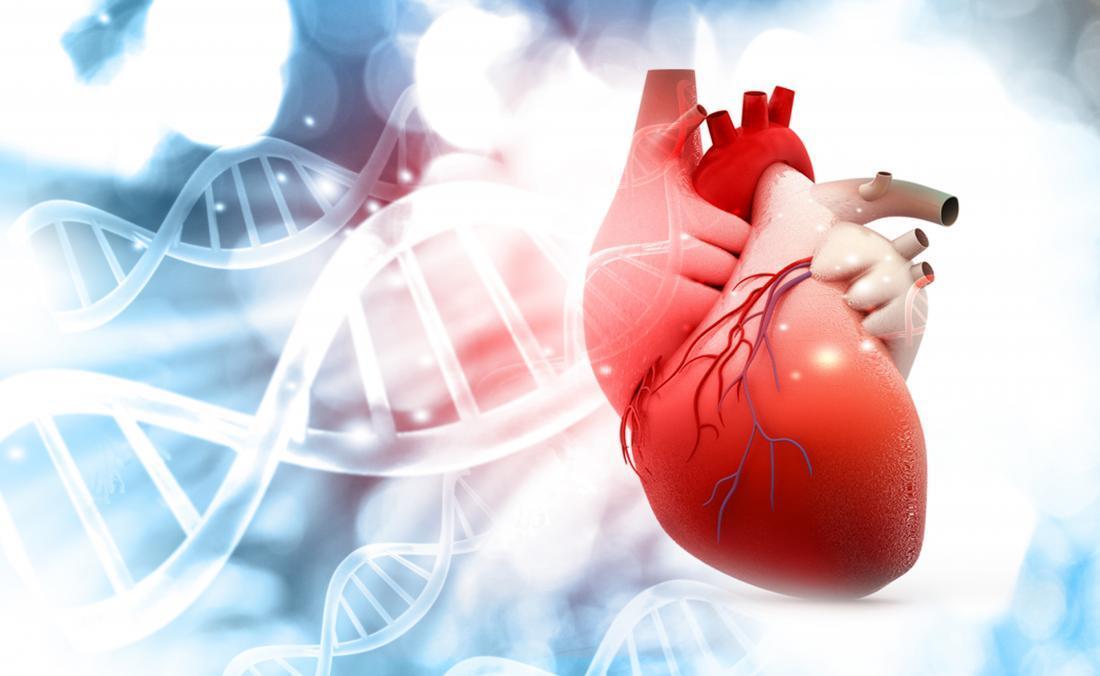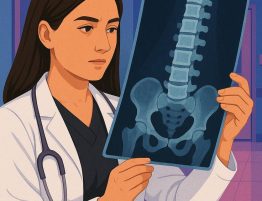
Heart Failure, also known as congestive heart failure (CHF) and congestive cardiac failure (CCF), is when the heart is unable to pump sufficiently to maintain blood flow to meet the body’s needs.
Certain conditions, such as narrowed arteries in the heart (coronary artery disease) or high blood pressure, gradually leave the heart too weak or too stiff to fill and pump efficiently.
Symptoms
Heart failure can be ongoing (chronic), or the condition may start suddenly (acute).
Heart failure signs and symptoms include:
- Fatigue or weakness
- Rapid or irregular heartbeat
- Reduced ability to exercise
- Shortness of breath (dyspnea) when the person exerts their self or when they lie down
- Swelling (edema) in the legs, ankles and feet
- Chest pain if the heart failure is cause by a heart attack
- Increased need to urinate at night
- Persistent cough or wheezing with white or pink blood-tinged phlegm
- Lack of appetite and nausea
- Very rapid weight gain from fluid retention
- Swelling of the abdomen
- Sudden, severe shortness of breath and coughing up pink foamy mucus
- Difficulty concentrating or decreased alertness
Cause
Heart failure is often the result of a number of problems affecting the heart at the same time.
Conditions that can lead to heart failure include:
- Coronary Heart Disease – where the arteries that supply blood to the heart become clogged up with fatty substances (atherosclerosis), which may cause angina or a heart attack
- High Blood Pressure – this can put extra strain on the heart, which over time can lead to heart failure
- Cardiomyopathy – conditions affecting the heart muscle
- Heart rhythm problems (arrhythmias), such as atrial fibrillation
- Congenital Heart Disease – birth defects that affect the normal workings of the heart
- Damage or other problems with the heart valves
Treatment
Not all conditions that lead to heart failure can be reversed, but treatments can improve the signs and symptoms of heart failure and help you live longer. Lifestyle changes — such as exercising, reducing sodium in your diet, managing stress and losing weight — can improve your quality of life.
Common treatments include:
- Medicine – a range of medicines can help; many people need to take 2 or 3 different types
- Devices implanted in the chest – these can help control the heart rhythm
- Surgery – such as a bypass operation or a heart transplant
Treatment will usually be needed for life. A cure may be possible when heart failure has a treatable cause. For example, if your heart valves are damaged, replacing or repairing them may cure the condition.
What We Offer
We at Almurshidi Medical Tourism will find the best doctors to cater to your needs. We are partnered with a wide network of hospitals and clinics that provide top quality medical experience.
We provide free medical estimates, make medical appointments, and provide several medical opinions if needed at no cost.
Contact Us
For more information contact us at +66822004040 or via WhatsApp








